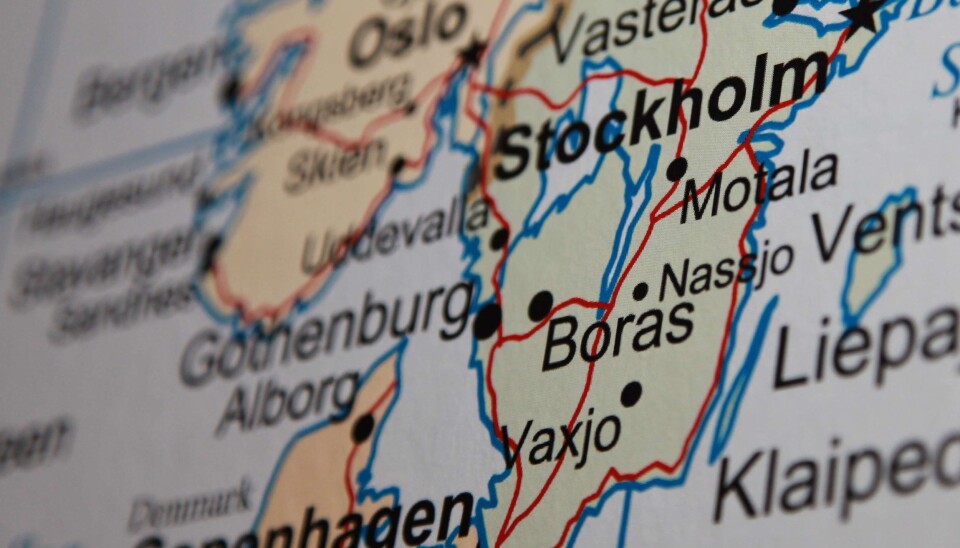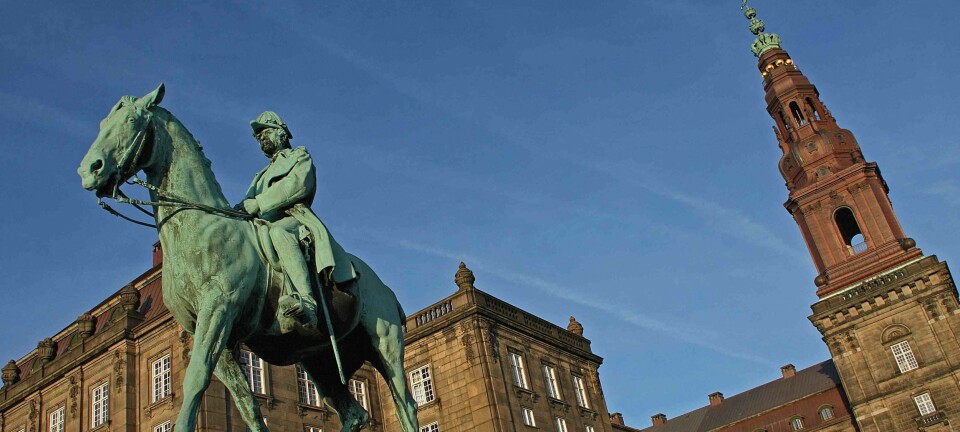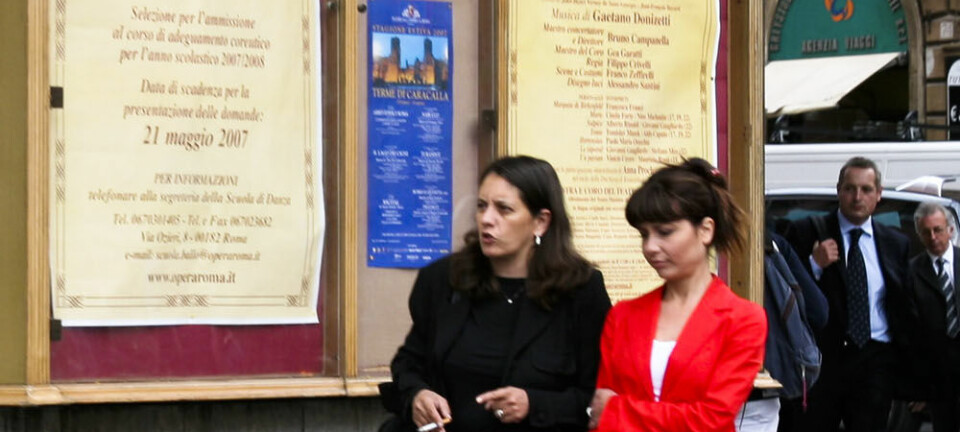
Trust creates a welfare state – not vice versa
The Scandinavian welfare model cannot be exported to other countries because the fundamental trust required for such a system to function is unique to the Nordic countries.
Trust is a fundamental prerequisite for the welfare state. If we didn’t trust one another, the whole model that the Scandinavian societies are built around would collapse even before it was implemented.
So says Christian Bjørnskov, an associate professor at Aarhus University’s Department of Economics and Business.
This argument turns the welfare debate on its head as the common conception has been that the high levels of trust in Scandinavian countries are generated by the welfare state.
“Our research indicates the exact opposite,” says Bjørnson. “We’ve always had a great trust in other people in Scandinavia, and this trust is the cornerstone of our welfare state.”
Together with Andreas Bergh, of Lund University in Sweden, he has just published the article Historical Trust Levels Predict the Current Size of the Welfare State in the economic journal Kyklos.
Trust came before the welfare state
Delving into figures from a long series of international studies about trust levels, the researchers found that both the descendants of people who migrated from Scandinavia 150 years ago and of those who migrated 70 years ago reported a higher degree of trust in others, compared to their new compatriots.
“This indicates that the trust came before the welfare state,” says Bjørnskov. “Descendants of Scandinavians who migrated to the US in the 1930s score as highly on the trust barometer as Danes, Norwegians and Swedes, but their grandparents migrated before the modern welfare state got into motion.”
So the traditional accounts of why Scandinavians have higher levels of trust in other people are inadequate, he argues:
“The traditional view is that the high levels of trust among Scandinavians can be put down to a fair political system and an efficient legal system. But these institutions weren’t implemented until after the first great wave of emigration in the 19th century, yet the descendants of the first emigrants are just as trustful as other people of Scandinavian heritage.”
Great political stability a possible explanation
Bjørnskov believes this trust can be explained with reference to the great internal stability in Denmark and Norway. These two nations have never really had any feuds, civil wars or general disagreements.
“The last time a leading political figure was killed in Denmark was back in 1286. If you tell that to a French or Italian person, they would be shocked,” he says.
In their study, Bjørnskov and Bergh grouped the countries according to the size of their welfare state and the citizens’ reported levels of trust. Denmark, Norway, Sweden and Finland are completely isolated at the top of this graph.
No welfare state without trust
Bjørnskov argues that since the welfare state involves handing out money to people we don’t know, a general trust in our peers is essential.
“We simply have to trust that the people who receive the money actually need it. That’s why we’re seeing some very strong reactions when people feel that others are receiving money they’re not entitled to.”
The only other countries with the same trust levels are Canada and New Zealand. Bjørnskov thinks it would be impossible to introduce a welfare state in any other countries:
“The welfare state would collapse in a country like Greece, where distrust and corruption are widespread. Countries with low trust levels tend to have more corruption because it’s a very human reaction to take as much as you can if you feel that others are doing the same.”
--------------------------------------------------
Read the article in Danish at videnskab.dk
Translated by: Dann Vinther











